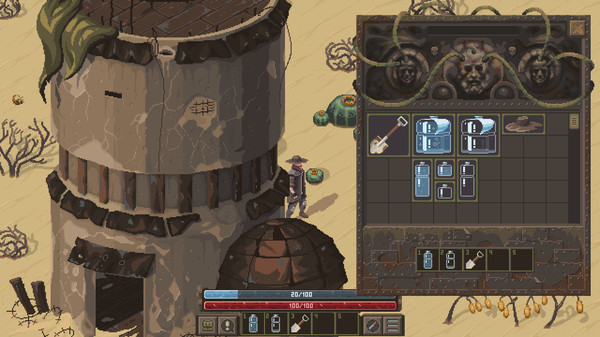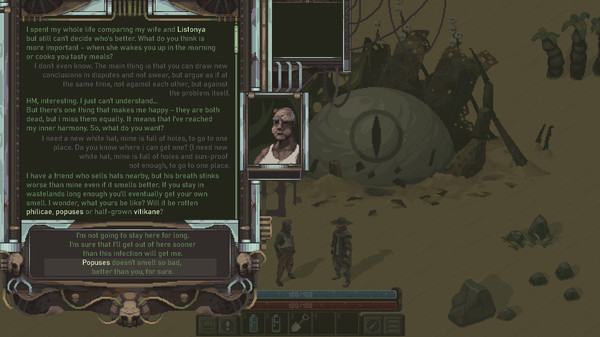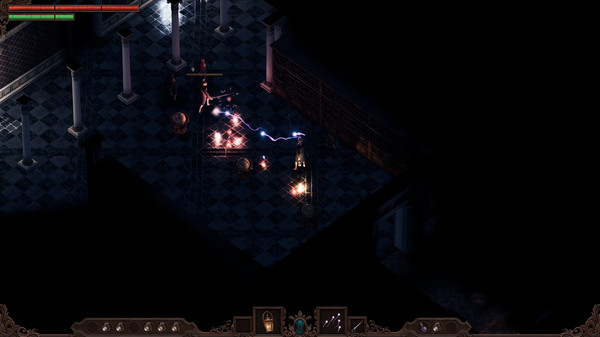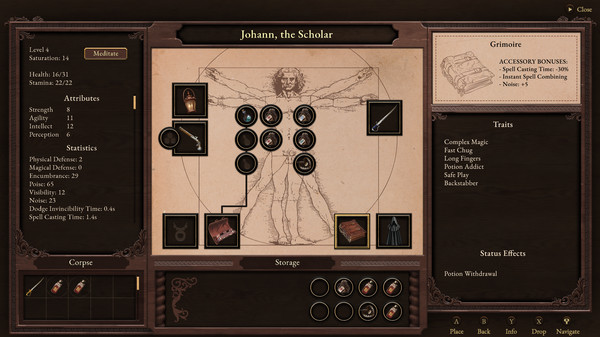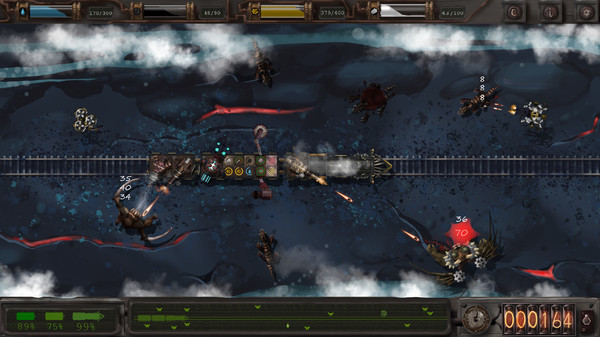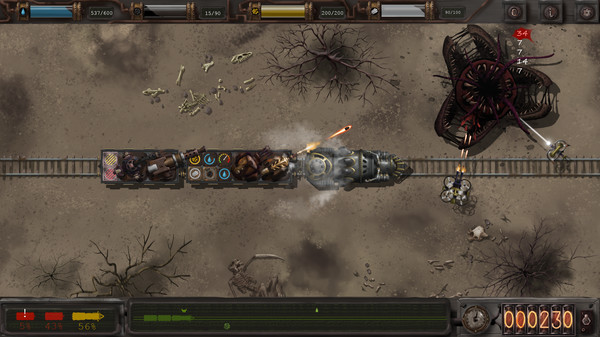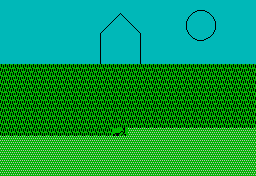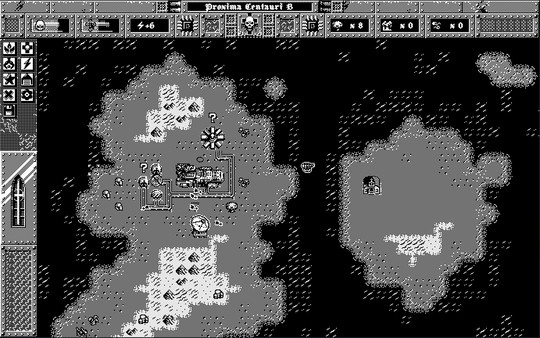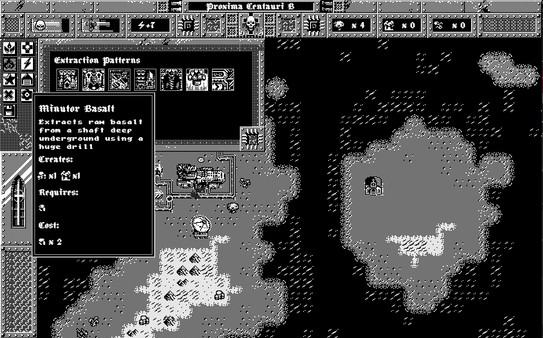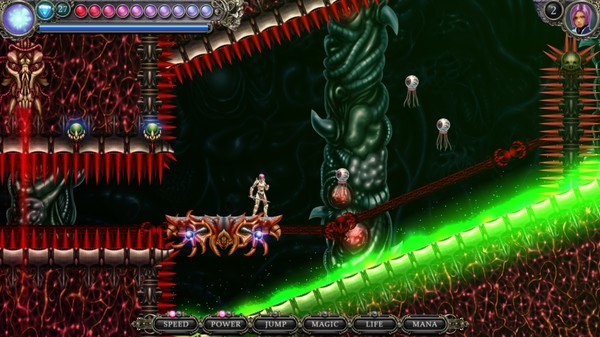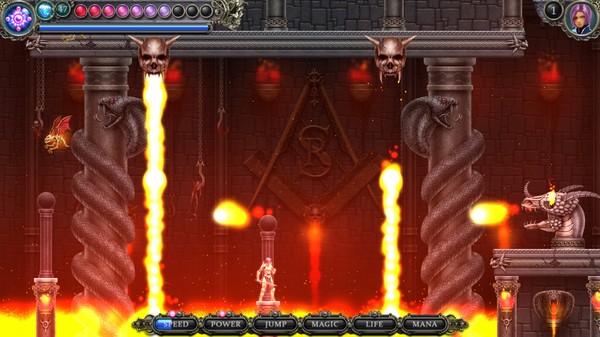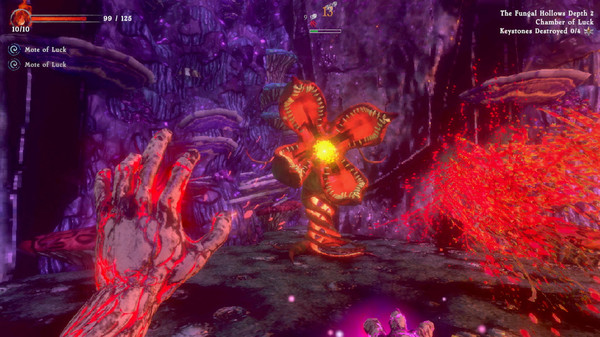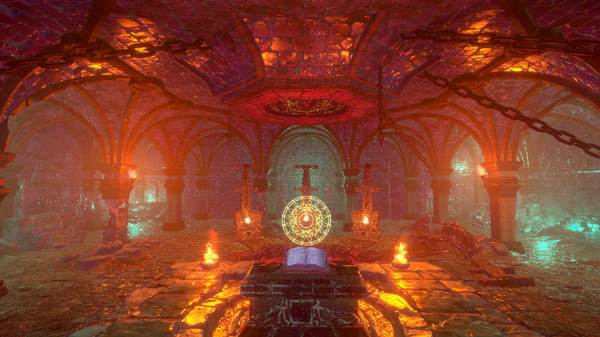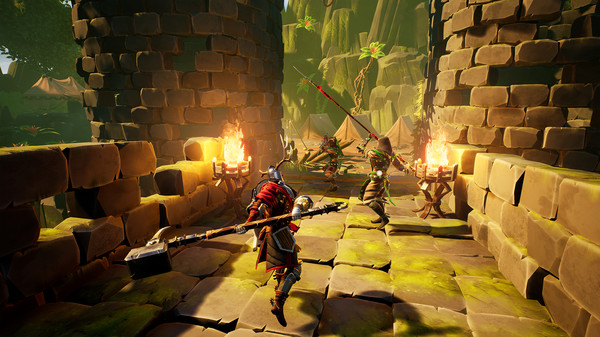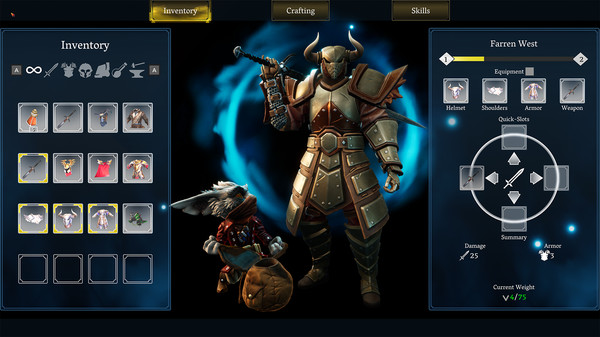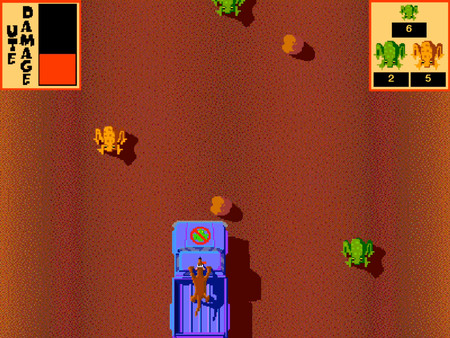SevenSidedDice
Savant
POV: You are Hitler’s psychologist in 1925. Diagnose his complexes by using both Jungian and Freudian psychotherapy and attempt to heal him. Resolve Hitler's trauma and prevent catastrophe via therapy and psychology. Succeed and avoid the war and holocaust.
This game was created by one developer and two voice actors.
It is a psychologist simulator taking place in 1925, before Hitler came to power.
It is a game about resolving Hitler's trauma and preventing catastrophe via therapy and psychology.
The facts in the game are historically accurate. During the marketing period people accused the developer of being a "nazi apologist". He is not. He is Czech, and Hitler murdered tens of thousands of his ancestors. This game is an experiment. You are using methods that were available back then. It is a conversational game and you can finish it in under an hour. In each therapy session you get 3-8 choices that influence the ending.
Hitler was human too, just like you. If you distance yourself from him by dehumanizing him and calling him a monster, you are doing psychological damage to your Self. In order to develop your Shadow, you need to realize and admit that given the right life circumstances, you could become someone like Hitler too. You are both good and evil. And if we don't admit that someone like Hitler could come again, we are doomed to repeat history.
Gameplay
You take the role of a psychoanalyst. The game takes place in your office, where you diagnose your new client, Mr. Hitler.You will use both Freudian and Jungian concepts to diagnose Hitler’s complexes.
He comes to you with a problem - he claims he has some anger issues.
You will use psychoanalytic techniques to diagnose the source of his trauma, that could be triggering his anger and hate.
The game is a classic conversation game (akin to visual-novel types), and could also be considered a "conversational walking simulator".
You try to uncover the depths of Hitler's personality through conversation. You will be able to talk with him during 3 therapy sessions, a few months apart. Each session features 3-8 decision points, that will influence the final ending.
Research
This game is intended as a serious game. I have thoroughly researched Hitler's history, psychological reports (Ott, Langer, Fromm, Jung) and reports by people who met him, including his close friend August Kubíček and the Hitler's family doctor Eduard Bloch. The facts in the conversations are verified by multiple sources.
spam porpoise
58 products in account
4 reviews
Recommended
0.6 hrs on record (0.4 hrs at review time)
Posted: 25 July
I bought this game because, as a psychology student myself, I was intrigued with the premise. I thought that, if handled well, this had the potential to be a wonderful piece of art.
The balls on the guy that made this game to choose to approach such a taboo subject is very commendable, and there are some valuable facts and perspectives that the game provides if you're interested in learning more about Hitler's origins.
However, I feel that this game was somewhat lacking in some areas of the execution.
- The pacing was off. The insights that you as a character present Hitler with would have been much more rewarding if they had built up slowly over the course of more sessions, starting from your first session with him and progressing from there until, after a few sessions, some breakthroughs start happening. It felt like the developer was too eager to get this idea out there (which, to be fair, I can't exactly blame them for, since it is a very cool idea) and didn't have the patience to develop it in a way that did the idea justice. There were some valuable insights in this game, but I feel that delivering them with more tact and subtlety would have been the way to go.
- The therapeutic approach utilised here was subpar - good psychologists typically do not tell their patients their own interpretation of their life story, but instead try to guide their patient towards a breakthrough or interpretation of events that leads to the formation of healthy mental habits. Given the time period this game is set in and the fact that the approach used by the therapist is clearly Freudian in nature, this isn't that big of a deal, and is more of a psych nerd critique than a gamer critique. But I do feel like, if you wanted the audience to get out of the game what you hoped they would get, some artistic liberties should have been taken to make the therapeutic approach more modern in order to allow the audience to vibe with the game better.
I still think this game is definitely worth having a look at and I'm all for supporting independent creators that do out-of-the-box things. However, the overall feel that I got from this game was that there was a fixation on the premise rather than the execution at the expense of quality.
Tl;dr - wasted potential but still worth a go (maybe buy on sale though)














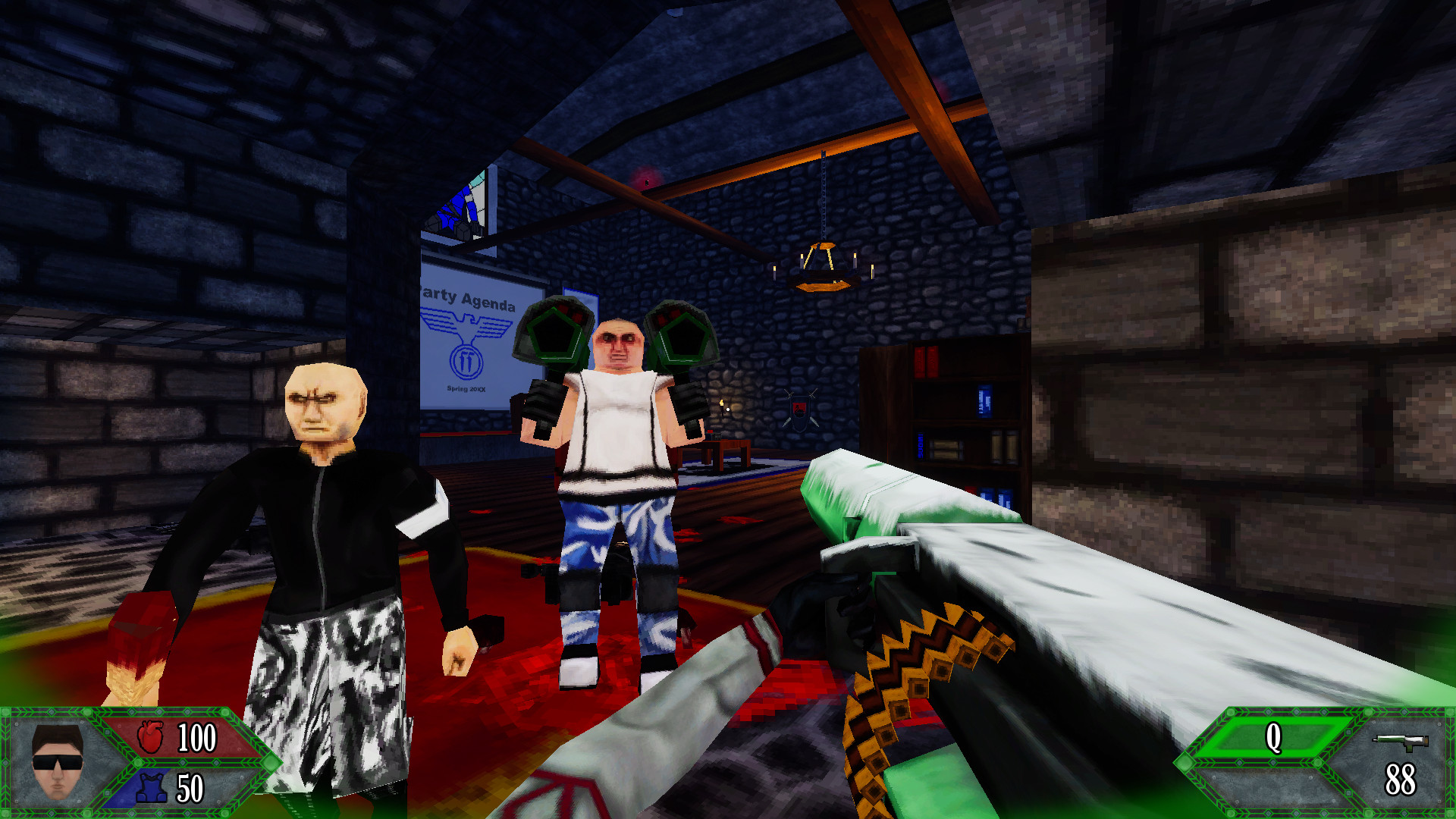
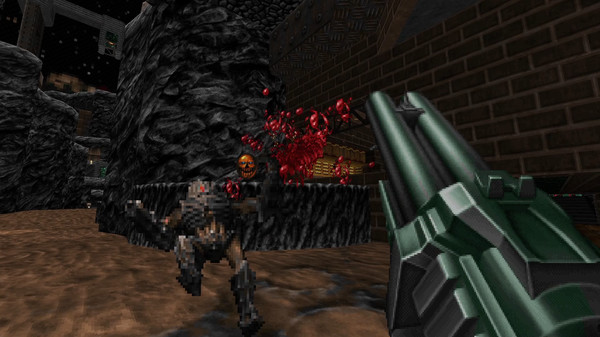
![The Year of Incline [2014] Codex 2014](/forums/smiles/campaign_tags/campaign_incline2014.png)
